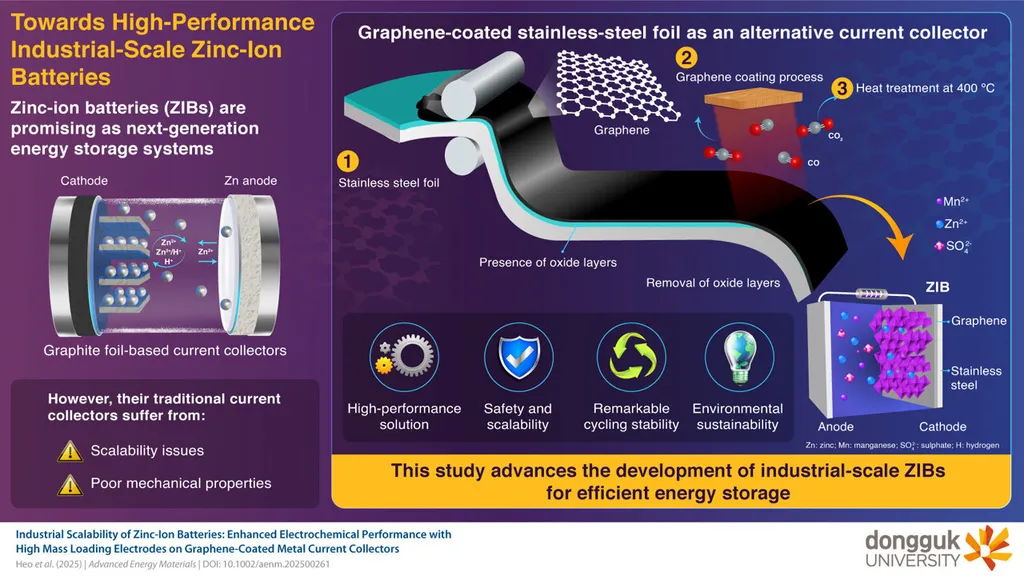In the quest for safer, more efficient energy storage solutions, researchers have turned to an intriguing class of materials known as covalent organic frameworks (COFs). These porous, crystalline structures, which can be thought of as molecular sponges, are showing promise in addressing one of the key challenges in aqueous zinc-ion batteries (AZIBs): the formation of zinc dendrites. These dendrites, tiny tree-like structures that can grow on the anode during charging, can cause short circuits and reduce battery performance.
Zhendong Hao, a researcher at the School of Materials Science and Engineering at Nanjing Institute of Technology in China, has been at the forefront of this research. In a recent review published in CleanMat (translated as “Clean Materials”), Hao and his team explore the multifunctional role of COFs in stabilizing zinc metal anodes, a critical component in AZIBs.
AZIBs are a promising electrochemical energy storage system due to their high theoretical capacity, relatively low cost, and high safety. However, the formation of zinc dendrites at the anode side severely impedes their electrochemical performance. “The versatility of COFs in addressing these issues is remarkable,” Hao notes. “By constructing nanoporous structures, introducing negative charges, and utilizing zincophilic properties, COFs can act as protective layers for AZIBs.”
The review highlights several ways COFs can enhance AZIB performance. For instance, COFs can be used to create protective layers that prevent dendrite formation. They can also serve as anode materials, separators, and electrolytes, further improving battery stability and efficiency.
The commercial implications of this research are significant. AZIBs have the potential to revolutionize the energy sector, particularly in applications where safety and cost-effectiveness are paramount. “The development of stable, high-performance AZIBs could open up new possibilities for energy storage in grid systems, electric vehicles, and portable electronics,” Hao explains.
The review also offers a perspective on the future of COFs in AZIBs. As research progresses, the team anticipates that COFs will play an increasingly important role in the development of advanced, high-energy-density batteries. This could pave the way for more sustainable and efficient energy storage solutions, ultimately benefiting both industry and consumers.
In the ever-evolving landscape of energy storage, COFs are emerging as a key player. As Hao and his team continue to explore their potential, the future of AZIBs looks brighter and more promising than ever. The research published in CleanMat serves as a platform for further innovation, driving the energy sector towards a more sustainable and efficient future.

